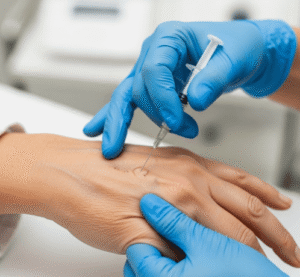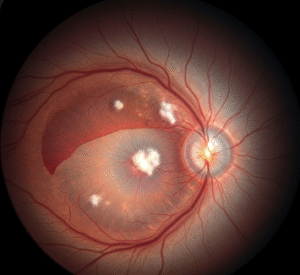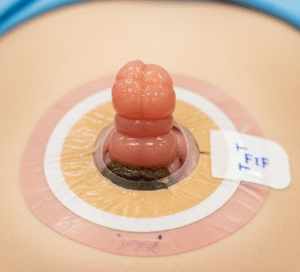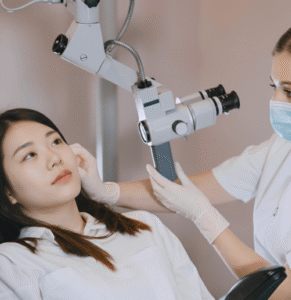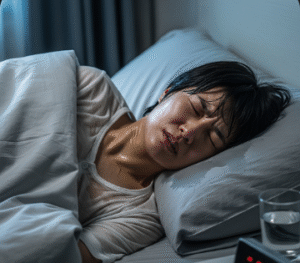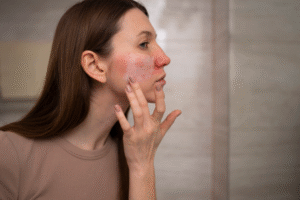Overview
Pathological jealousy, also known as Othello syndrome, is a psychiatric disorder marked by an irrational and obsessive belief that a partner is being unfaithful, despite little or no evidence. Unlike normal jealousy, which can be based on real concerns or situations, pathological jealousy is extreme, persistent, and often damaging to both the affected individual and their relationships. It is commonly associated with other mental health conditions, including delusional disorder, schizophrenia, and substance abuse.
What is Pathological Jealousy?
Pathological jealousy is a mental health condition where an individual becomes obsessed with the idea that their romantic partner is cheating on them. This belief is often held without proof and may persist even when confronted with contradictory evidence. The condition may present with delusions, compulsive behaviors like checking, stalking, or interrogation, and sometimes aggressive behavior. It is a type of delusional jealousy, which may require psychiatric evaluation and treatment.
Symptoms
Common signs and symptoms of pathological jealousy include:
- Constant suspicion and accusations of infidelity
- Obsessive checking of a partner’s phone, emails, or whereabouts
- Interrogating the partner repeatedly
- Isolating the partner from friends or family
- Emotional or physical aggression
- Surveillance behavior (e.g., following the partner or hiring investigators)
- Lack of trust despite no evidence of betrayal
- Depression or anxiety related to the obsession
Causes
The causes of pathological jealousy are often complex and multifactorial:
- Underlying mental health disorders such as schizophrenia, bipolar disorder, or delusional disorder
- Personality disorders, especially paranoid or borderline personality
- Substance abuse, particularly alcohol and stimulants
- Trauma or past betrayal, especially in previous relationships
- Insecurity or low self-esteem
- Neurological conditions like Parkinson’s disease or dementia (rarely)
Risk Factors
Several factors may increase the likelihood of developing pathological jealousy:
- History of mental illness
- Previous experiences of infidelity or abandonment
- Substance use disorder
- Paranoid personality traits
- Cultural or family influences that emphasize control in relationships
- Insecure attachment styles developed in childhood
Complications
Without treatment, pathological jealousy can lead to serious consequences:
- Relationship breakdown or divorce
- Emotional or physical abuse of the partner
- Legal issues due to stalking or harassment
- Social isolation
- Worsening of underlying mental illness
- Risk of self-harm or suicide
- In rare and extreme cases, homicide
Prevention
While not always preventable, certain steps may reduce the risk:
- Early treatment of underlying mental illnesses
- Substance abuse rehabilitation
- Healthy communication in relationships
- Building self-esteem and trust
- Therapy for couples experiencing jealousy-related conflict
- Public awareness and education about mental health and toxic jealousy
Treatment Options in Korea
South Korea provides advanced psychiatric and psychological care for individuals experiencing pathological jealousy. Treatment typically involves:
1. Psychiatric Evaluation
- Performed by board-certified psychiatrists to determine if the jealousy is part of a broader mental illness.
2. Medication
- Antipsychotics may be prescribed if delusions are present.
- Antidepressants or mood stabilizers are used when jealousy is linked to depression or bipolar disorder.
- Available through leading hospitals like Severance Hospital, Samsung Medical Center, and National Center for Mental Health.
3. Cognitive Behavioral Therapy (CBT)
- Focuses on identifying irrational beliefs and replacing them with healthier thoughts.
- Helps improve communication and trust.
4. Couples Counseling
- Involves both partners to address relationship dynamics and improve emotional connection.
5. Substance Abuse Treatment
- If substance use is a contributing factor, detox and rehabilitation programs are integrated into the care plan.
6. Hospitalization
- In severe cases where there’s a threat to self or others, short-term inpatient psychiatric care may be required.
7. Follow-Up Care
- Long-term therapy and regular follow-up help manage symptoms and prevent relapse.



